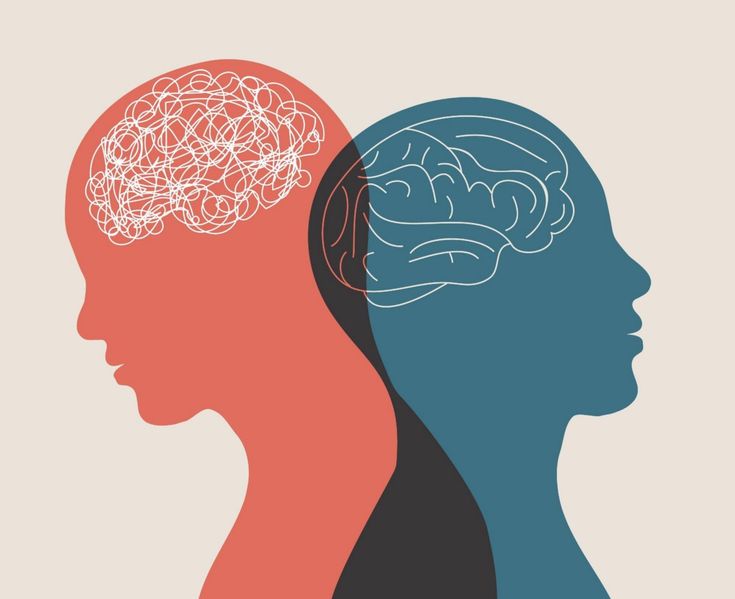Mental health and self-care are integral components of overall well-being, yet they are often overlooked or undervalued in today’s fast-paced society. However, prioritizing mental health and practicing self-care are essential for maintaining emotional resilience, managing stress, and fostering a healthy lifestyle. In this article, we’ll delve into the importance of mental health and self-care, exploring their impact on individuals’ lives and providing practical tips for incorporating them into daily routines.
- Mental Health Awareness:
- Mental health encompasses emotional, psychological, and social well-being, influencing how individuals think, feel, and act in various aspects of life.
- It is crucial to raise awareness about mental health issues, reduce stigma, and promote understanding and empathy towards those struggling with mental health challenges.
- Emotional Resilience:
- Prioritizing mental health builds emotional resilience, enabling individuals to cope with stress, adversity, and life’s challenges more effectively.
- Developing healthy coping mechanisms and seeking support when needed are essential for building resilience and maintaining mental well-being.
- Stress Management:
- Chronic stress can have detrimental effects on mental and physical health, leading to anxiety, depression, and other stress-related disorders.
- Practicing self-care techniques such as mindfulness, meditation, deep breathing exercises, and engaging in hobbies can help alleviate stress and promote relaxation.
- Self-Awareness and Self-Reflection:
- Self-awareness involves understanding one’s thoughts, feelings, and behaviors, as well as recognizing personal strengths and areas for growth.
- Engaging in self-reflection through journaling, therapy, or mindfulness practices allows individuals to gain insight into their inner world and cultivate a deeper understanding of themselves.
- Healthy Boundaries:
- Setting and maintaining healthy boundaries is essential for preserving mental health and preventing burnout.
- Learning to say no, prioritizing personal needs, and establishing boundaries in relationships and work environments promote self-respect and emotional well-being.
- Social Connection:
- Strong social connections and supportive relationships are vital for mental health and overall happiness.
- Nurturing friendships, spending quality time with loved ones, and participating in community activities foster a sense of belonging and provide emotional support during challenging times.
- Self-Care Practices:
- Self-care encompasses activities that promote physical, emotional, and mental well-being, such as exercise, healthy eating, adequate sleep, relaxation techniques, and engaging in pleasurable activities.
- Prioritizing self-care is not selfish but necessary for replenishing energy reserves, reducing stress, and enhancing overall quality of life.
- Seeking Professional Help:
- It’s essential to recognize when professional help is needed for mental health concerns and to seek support from qualified therapists, counselors, or mental health professionals.
- Therapy, medication, and other evidence-based treatments can be highly effective in managing mental health conditions and promoting recovery.
Prioritizing mental health and practicing self-care are fundamental for leading fulfilling and balanced lives. By raising awareness, building emotional resilience, managing stress, fostering self-awareness, establishing healthy boundaries, nurturing social connections, engaging in self-care practices, and seeking professional help when needed, individuals can cultivate optimal mental well-being and thrive in all aspects of life. Remember, investing in mental health is an investment in overall wellness and happiness.
